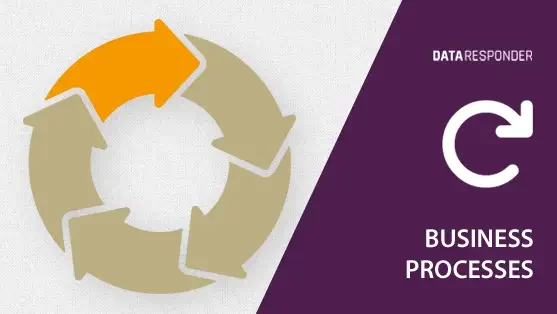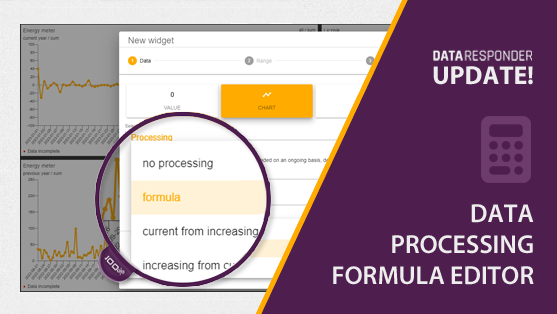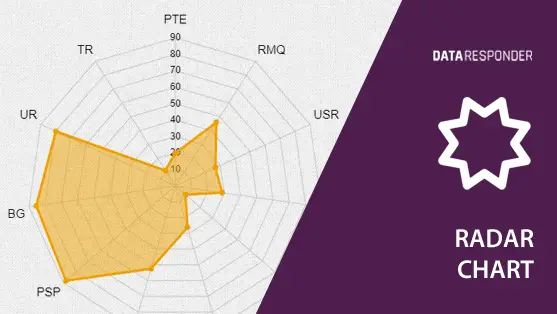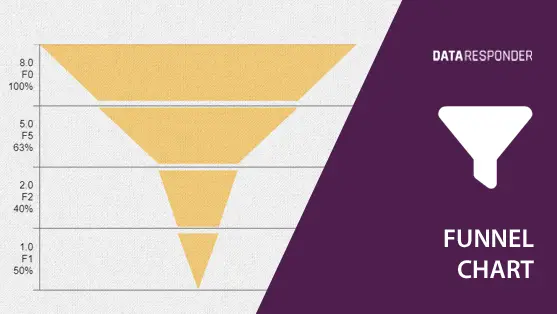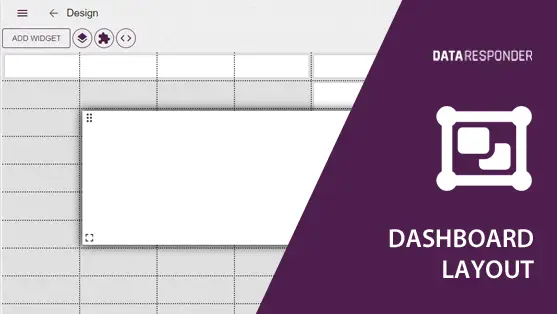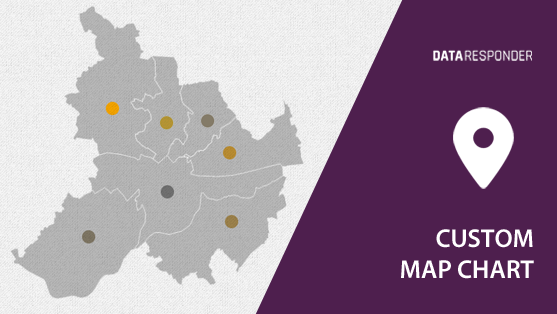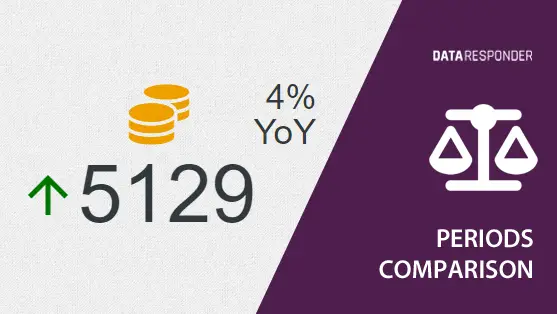Introduction
Business processes are structured activities or sets of activities that collectively support the objectives of an organization. They are essential mechanisms through which companies coordinate the various inputs and outputs necessary for achieving strategic goals. From manufacturing to customer service, business processes are integral to organizational efficiency and success.
Examples of common business processes include:
- Procurement: Managing and optimizing the purchasing of goods and services
- Customer Onboarding: Integrating new clients into a company’s services
- Accounts Payable: Managing outgoing bills and payments to suppliers
- Product Development: Designing, creating, and launching new products
- Customer Service: Addressing customer inquiries and resolving issues
Understanding Business Processes
A business process involves a series of steps designed to produce a specific service or product for the customer. For example, the process of order fulfillment might involve multiple steps such as order placement, order processing, inventory checking, shipment, and delivery confirmation. Each step is interlinked and crucial for ensuring the overall efficiency of the process.
The Importance of Business Processes
Well-defined business processes help in:
- Improving Efficiency: Streamlined and optimized processes reduce waste and unnecessary delays.
- Enhancing Quality: Consistent processes improve the predictability in the output quality.
- Boosting Customer Satisfaction: Efficient processes lead to faster delivery times and higher quality of service.
Data Responder and Business Processes
Data Responder enhances the capability to monitor and refine business processes by allowing cyclic queries on current results from individuals responsible for each process. This feature provides real-time insights into the effectiveness of various processes, empowering organizations to make informed decisions quickly.
Imagine a retail company using Data Responder to track inventory management processes. By setting up cyclic queries, store managers can regularly report on stock levels, which helps the central management to optimize inventory distribution, reduce overstock situations, and avoid stockouts.
Conclusion
Business processes are the backbone of any organization, defining how tasks are executed and goals are achieved. With tools like Data Responder, organizations can gain deeper insights into their processes, enabling continuous improvement and driving success.

